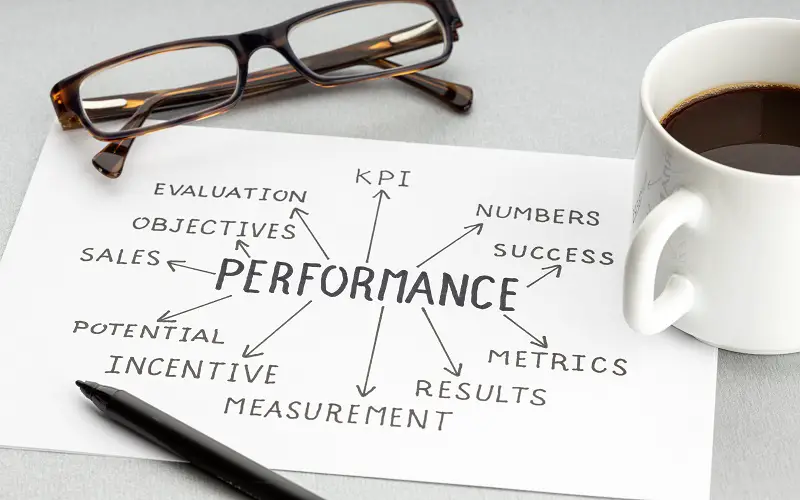Employee appraisals are known to be time consuming. In fact, the time of appraisals is hectic for the management as well as the employees. There is the possibility of even the project work getting disrupted. However, if you have the right performance management system, you can ease off your workload. With so many options in the market, selecting the one that best suits your requirements can be difficult. Before you get one, you have to figure out what problems you are facing, your needs, and whether or not a new system will help you. In this article, we will help you choose the right performance management system for your company.
1. Business goals alignment
Before you can find a performance management system, you have to understand the long-term goals of your company. What exactly do you expect from your software? Will the software help you keep track of your employees? Is the software in accordance with the long-term objectives of your company? Once you have the answers to these questions, you can start the process of looking for an enterprise performance management software.
2. Features
It is important to know the challenges that you are facing with managing and reviewing your workforce. Your reviews might be taking too long. Your managers might have difficulty giving specific goals to the staff. The process might involve a lot of paperwork. Create a list of all the areas that you want to improve and figure out how the performance management system’s features can assist you. Here are some of the requirements you might have:
- Performance tracking
- Completion tracking
- Continuous performance tracking
- One-on-one meetings
- Integration with other tools
- Feedback option
3. Integration with other tools
Implementing a performance management system is an investment in terms of money, time, and resources. You want to make sure that you can integrate it with your existing systems. This will make it easier for you to track goals, make performance reviews, and share feedback. You need a performance management system that can integrate with your HRIS system and communication channels.
4. User-friendliness
What if you get a really complicated corporate performance management software? No one will be able to use it. When it comes to using software, everyone has a different aptitude. The performance management system should be easy enough for everyone to use. If not, then you will have just increased the pressure, instead of alleviating it. Managers and employees will have to waste resources and time to learn the system. To avoid this, you have to research whether the system is user-friendly or not. The best option will be the system that doesn’t require a lot of training.
5. Feedback
The main goal of implementing a performance management system is to make the communication between the manager and employee easier. Managers can track your employee’s progress, appreciate their work, training new employees, and more. The employees should also be able to give suggestions and report their problems easily.
6. Training
The system should be able to include relevant training modules. Your employees should be able to stay updated with the continuously changing market. Having the modules in the system will encourage learning and development. By assisting your employees in their training and development, you can improve employee retention.
7. Reporting
Make sure that the performance management system offers reporting features and other filters you might need, like reporting by location, time, team, employee level, and more. Using paper-based systems for assessing performance is difficult and also results in manual errors. Having an HR performance management software that can create reports for you will help you understand the progress and potential of your employees.
8. Performance improvement plans
Performance improvement plans are an important aspect of employees’ performance management. These plans highlight the deficiencies in the performance of your employees and give advice on how they can improve. These plans should be akin to feedback so that the employees can be more productive and efficient. However, compared to traditional feedback, they are more structured and formal.
9. Budget
Even though the price of the performance management system shouldn’t be the priority, it has to be an important factor while selecting a performance management system. Depending on your budget, you might have to rethink your requirements, and remove or add items from the list. Regardless of what your budget is, you have to select a platform that offers a trial period. This way, you will be able to assess the intuitive features and user friendliness of the platform and whether or not it is compatible with the existing tools and your employees.
Conclusion
When you are selecting a performance management system, there is a wide range of factors that must be considered. Even though this might seem overwhelming, with the above-mentioned factors, the work will get easier. Think through these elements while looking for the best performance management software for your business. The right decision will improve your employee’s performance in the office and help your business grow and become successful.




